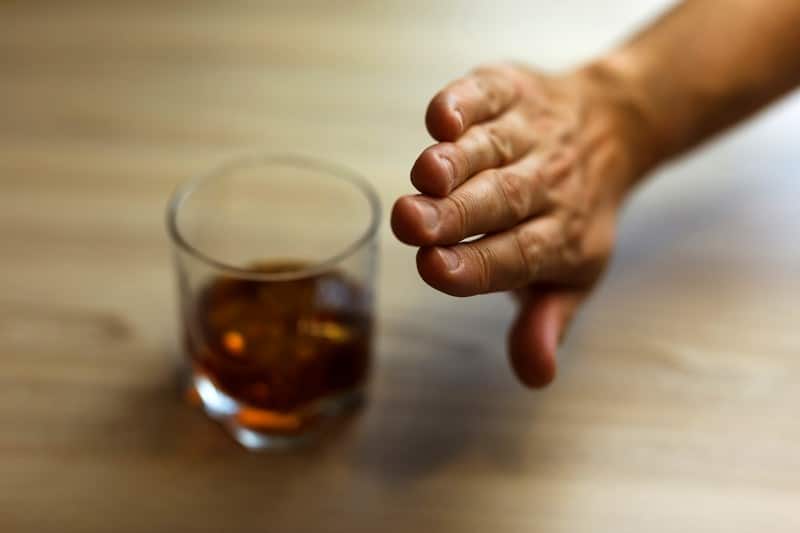Sleep apnea is a severe medical condition characterized by breathing interruptions during sleep. The word “apnea” comes from the Greek word for “without breath.” Sleep apnea can affect anyone at any age, but it is most common in adults and is more common in men than in women. People with sleep apnea often snore loudly. They may also have periods when they stop breathing. These periods can last from a few seconds to minutes and may occur several times an hour.
There are two main types of sleep apnea—obstructive and central. The collapse of the soft tissue in the back of the throat during sleep can result in obstructive sleep apnea. On the other hand, central sleep apnea occurs when the brain fails to transmit the right signals to muscle groups that regulate breathing.
In addition to causing daytime fatigue, sleep apnea can also increase the risk of developing high blood pressure, heart disease, stroke, and diabetes. People with sleep apnea are also at greater risk for motor vehicle accidents due to drowsy driving. Individuals who suspect that they might have sleep apnea should see a doctor to get treatment and reduce their risk of developing these serious health problems.
Avoid Alcohol Use

Research has shown that alcohol consumption can be a risk factor for sleep apnea. In one study, people who consume alcohol are more likely to develop sleep apnea. Some evidence suggests that alcohol cessation can improve sleep apnea in heavy drinkers.
There are several ways in which alcohol consumption can contribute to sleep apnea. First, alcohol is a central nervous system depressant. This means that it slows down brain activity and can make it difficult to breathe properly. Alcohol also relaxes the muscles in your throat, which can block the airway and cause someone to snore loudly.
In addition, drinking excessively can lead to weight gain. This is problematic because excess weight can contribute to sleep apnea. Fat stores around the neck can compress the airway and make it difficult to breathe during sleep. Overweight individuals who drink heavily may be at an increased risk of developing sleep apnea. For people who already suffer from this condition, drinking alcohol may make symptoms worse. For those with moderate to severe sleep apnea, it is recommended to avoid alcohol altogether.










